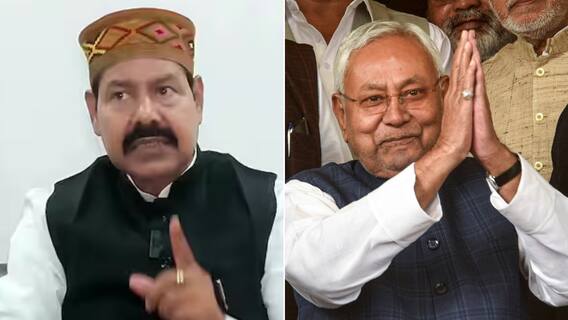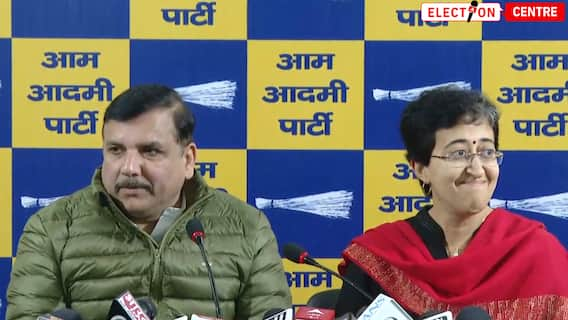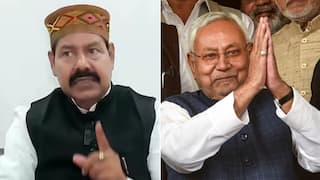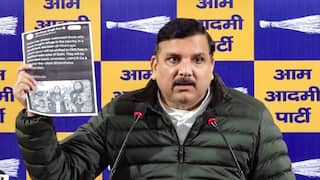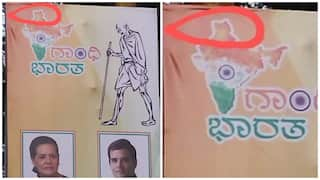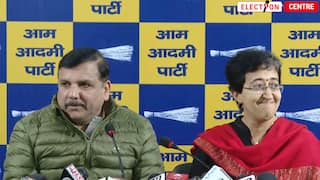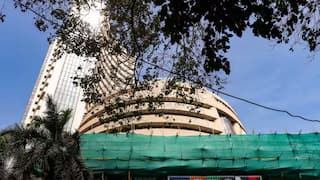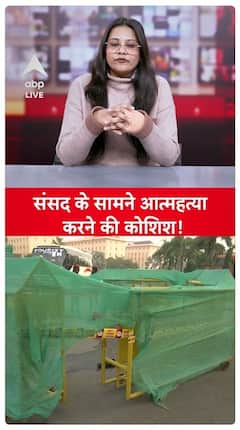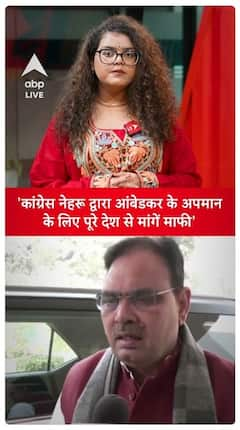Bangladesh Crisis: India's Textile Body Urges Govt To Revise Import Policies
Bangladesh Crisis: Buyers are reportedly 'very concerned' about the ongoing turmoil in Bangladesh, prompting them to withdraw their orders and seek alternatives, at least in the short term

Bangladesh Crisis: Amid escalating civil unrest in Bangladesh, the Apparel Export Promotion Council (AEPC) has expressed concerns that buyers will hesitate to place their orders in India unless the Modi government revises its import policies. AEPC Chairman Sudhir Sekhri highlighted the need for easier access to imported man-made fabrics, trims, and accessories.
Buyers are reportedly 'very concerned' about the ongoing turmoil in Bangladesh, prompting them to withdraw their orders and seek alternatives, at least in the short term. Sekhri highlighted that most of these orders involve man-made fabrics sourced from China, Korea, and Europe.
"Shifting these short-delivery orders using special imported fabrics to India is not viable under current import policies," Sekhri said. "Only orders involving fabrics of Indian origin are likely to be redirected to Indian factories."
While the current political situation raises short-term concerns, India’s trade ties are built on a strong foundation. As we read, the government is closely monitoring developments and maintaining open communication channels. Given the depth and diversity of India’s economic partnership, our hope is for a smooth and stable transition of power, which will help ensure that our vital trade relations continue without significant interruption. We wish that a resolution will be reached promptly and that stability is restored, safeguarding the interests of the citizens.
The AEPC chairman noted that buyers will continue to be cautious about placing orders in India unless the government eases import restrictions. He warned that long-term dependence on Bangladesh is increasingly viewed as risky due to ongoing instability and previous capacity saturation issues.
"The recent turmoil in Bangladesh will accelerate buyers' plans to diversify their sourcing. Indian factories will benefit only if they expand their capacities," Sekhri added.
Bangladesh is currently facing its worst political crisis since its independence in 1971. Street protests over job quotas have forced Prime Minister Sheikh Hasina to resign and flee, plunging the nation into uncertainty. "Buyers are very concerned with the escalation of the civil unrest in Bangladesh. In the short term, fast fashion buyers have no option but to pull out their orders from Bangladesh and place them elsewhere," Sekhri reiterated.
On the other hand, Subhash Chand Kathuria, managing director of Synergy Steels, said, "Bangladesh stands as India’s foremost South Asian trade partner, a relationship that's crucial for regional economic stability. In 2024, a quarter of India's cotton exports went to Bangladesh. Beyond textiles, India’s met 12 per cent of Bangladesh’s petroleum needs and 65 per cent of their wheat imports in the past fiscal year, alongside being a key supplier of spices, pulses, and rice."
Trending News
Top Headlines





